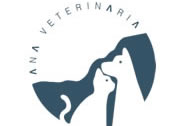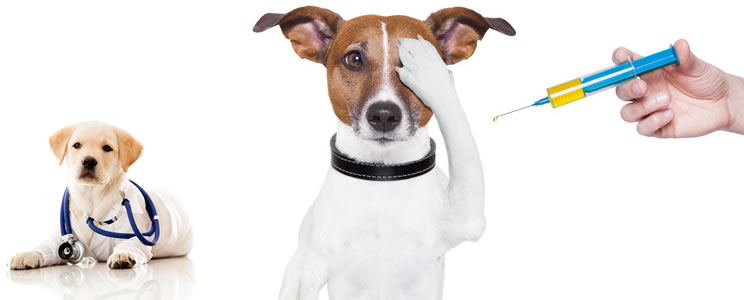Puede contactar con nosotros en: 952 45 12 42 - Urgencias: 654 029 187
…PREVENTION IS ALWAYS BETTER THAN CURE…
Every year a large number of cats and dogs are victims of infectious or parasitic illnesses. Preventable measures exist:
– vaccination
– deparasitation.
…Deparasitation in CATS and DOGS…
Parasites are living creatures found inside and on the outside of our pets, feeding off them.
By deparasiting them we avoid:
– lesions which can cause skin problems
– the transmission of illnesses such as anaplasma, erlichia, borrelia or rickets in dogs caused by ticks or hemobartonella in cats caused by fleas.
– that the parasites diminish the effectiveness of vaccinations
– that they are transmitted to people.
There are two types of parasites that can affect our dog or cat:
1.- External parasites: fleas, ticks, lice, mites and mosquitoes such as those which cause leishmania and filaria.
2.- Internal parasites:mainly located in the intestines, such as flat worms, round worms and protozoos.
Your vet will advise on the best steps to take for both types of parasite and the most effective treatment. It is also recommended to test your dog annually for filaria and leishmania given that no product is 100% effective on external parasites. Early diagnosis in these cases is essential.
…VACCINATION IN DOGS…
We must first vaccinate a puppy at 6 weeks old as that is when a mother’s immunity begins to weaken. The first vaccinations in a puppy are very important and we must emphasize that the protection will be lost if not re-vaccinated as an adult. It is very important to follow your vet’s advice.
The illnesses against which vaccinations can fight in a dog are:
- PARVOVIRUS: a serious viral illness which mainly affects puppies, it appears very suddenly and consists of vomiting, diarrhoea with blood and can cause the death of the animal.
- DISTEMPER: also a viral illness which can affect a dog at any age and begins with signs of breathing problems, gastro-enteritis which lead to neurological signs and which can cause death.
- CANINE HEPATITIS: a viral illness which only affects dogs and has no relation to human hepatitis. It’s very contagious and can occasionally lead to death.
- CANINE LEPTOSPIROSIS: a bacterial illness in dogs which can have very serious consequences and can be contagious to people.
In your puppy’s first consultation we will carry out a complete check-up, then, age and physical condition permitting, we begin with a complete internal and external de-parasitation to prepare the animal’s organism for the first vaccinations against the fore mentioned diseases. If periodic worming in a dog is important, it is even more important in a puppy as the immune system focuses on creating anti-bodies against the virus and not fighting the internal parasites in the animal.
Once fully wormed, we begin the following vaccination programme:
– at 45 days, the first dose of parvo and distemper
– at 60 days the second dose of parvo and distemper, together with the first dose of hepatitis and leptospirosis.
– at 75 days we repeat against all previous illnesses, the dog will be fully protected a week later as long as the immune system is working properly.
– at 3 months, we apply the microchip and rabies and do a Passport, this is obligatory in Andalucia. In addition a second rabies must be given a month after the first, this is only for the first year.
…VACCINATIONS IN CATS…
In cats, vaccines serve to fight the following illnesses:
– LEUKEMIA: an illness which supresses the immune system, leaving the animal more susceptible to infections which normally could be fought off. This virus can also provoke cancerous tumours in several organs.
– PANLEUKOPENIA: a very contagious viral illness, vomiting and diarrhoea which can lead to death.
– RESPIRATORY TRACT DISEASE/ FELINE CALCIVIRUS: are respiratory illnesses produced together by different viruses. They are frequently seen together giving the name ‘ feline respiratory complex’, provoking fever, coughing, sneezing, conjunctivitis and gingivitis.
During your kitten’s first consultation, we carry out a complete examination then, physical condition and age permitting, we begin an internal and external de-parasitation to prepare for the vaccines.
We vaccinate a cat from 9 weeks old, which is when the mother’s immunity runs out and the risk of contracting an illness increases. As with dogs, we must continue to vaccinate an adult cat.
Once fully de-parasited we begin the following programme:
– at 9 weeks we give the first dose of leukemia, panleukopenia, respiratory tract disease and calcivirus.
– at 13 weeks we repeat with a second dose against the same diseases.
– at 3 months , as with dogs, we put a microchip, rabies and do a Passport.
Leave a Reply
You must be logged in to post a comment.




Comentarios:
0